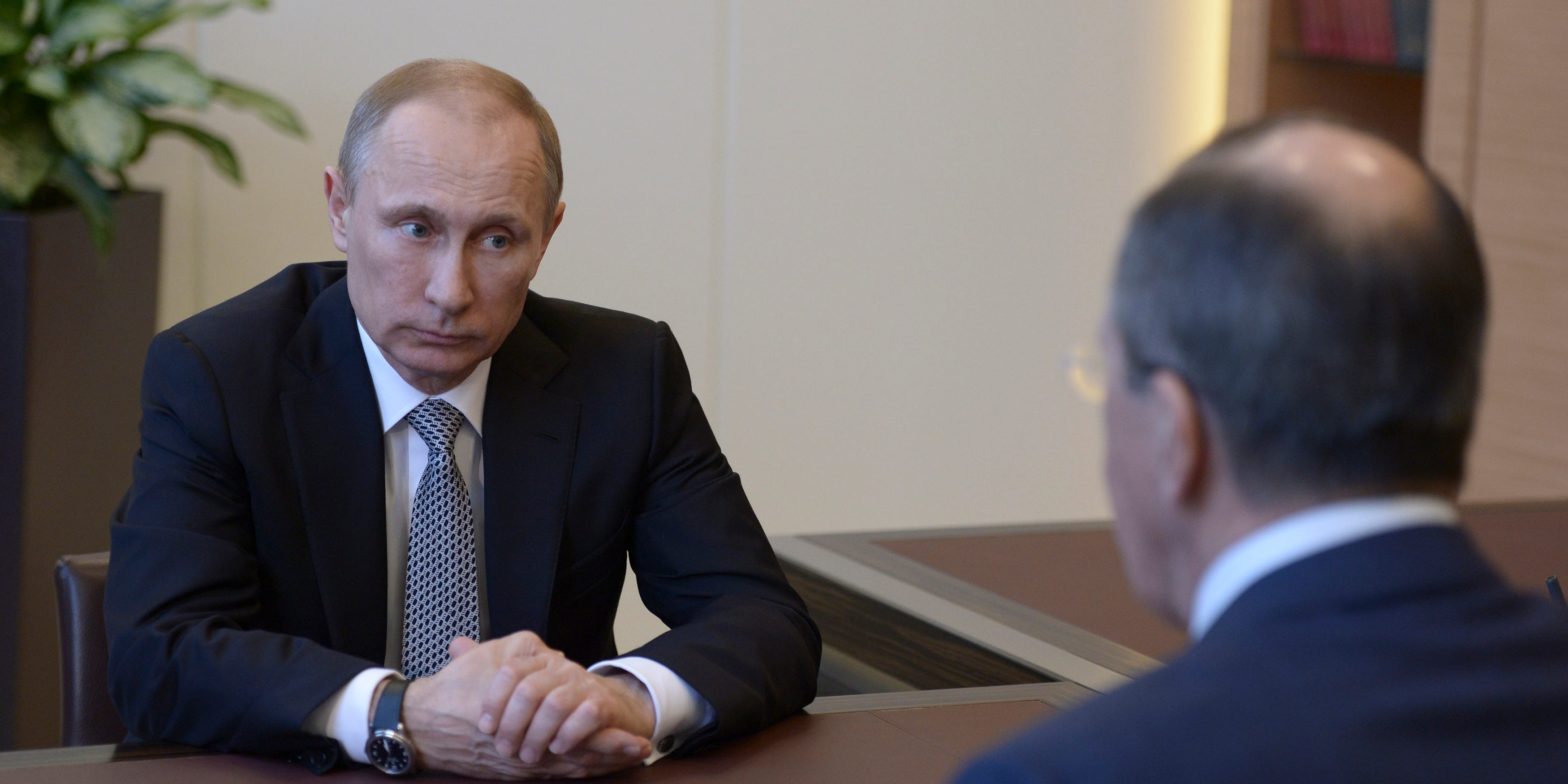A cap on the price of Russian oil would give countries more leverage to negotiate better prices from suppliers. A Treasury official added that the US had “positive” talks with China and India, major buyers of Russian crude. G7 nations are ironing out details about the cap, such as penalties for countries who don’t adhere to it. Loading Something is loading.
A cap on the price of Russian oil would give countries more leverage to negotiate better prices from suppliers, a US Treasury official said this week.
“We can have a very successful price cap without a single barrel traded under the price cap. If what we’ve done is provide leverage for those importers to get the best discount possible, we’re perfectly fine with that,” US Treasury assistant secretary Ben Harris.
The comment, first reported by Reuters on Wednesday, comes shortly after US officials said they had made some headway in discussions with China and India on the plan to cap Russian oil prices, with Harris describing recent talks as “positive” at an energy conference in London.
China and India have been among Russia’s top oil customers since the start of the war, ramping up purchases of Russian crude at steep discounts while the West has shunned energy supplies from the country.
The G7 nations are still working out details of the price cap, but currently plan on barring countries who are not compliant with the price cap from insurance, brokerage, finance, and other part of the energy commodities trade. Those penalties will be another incentive for countries to purchase Russian crude within set limits, keeping trade affordable and accessible to energy-strapped Europe.
Though the level of the price cap itself has not been decided, officials have previously floated a range of $40-$60 a barrel, and Harris added that Russian oil will be capped at prices that still incentivizes suppliers to come to the market.
“We want to provide economic incentives for Russia to continue to produce.”
But Russia has threatened to slash output if Western nations move forward with the price cap. Russia’s deputy prime minister warned that the measure “”will primarily hit the ones who are actually doing it,” and that Russia would refuse to sell crude to countries participating in the price cap.
